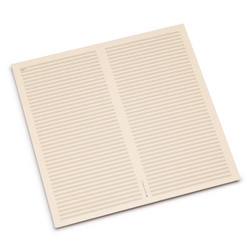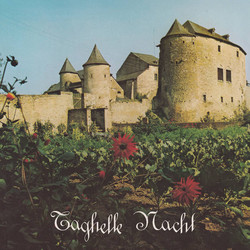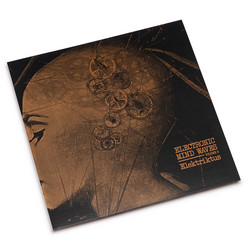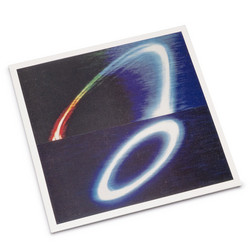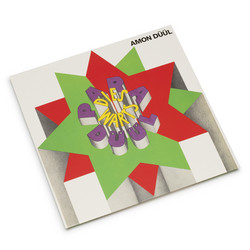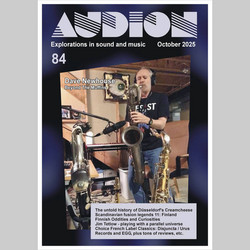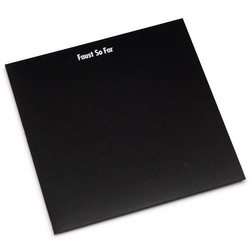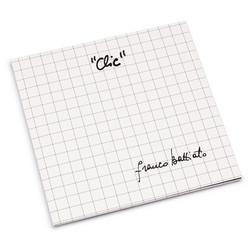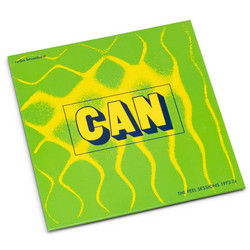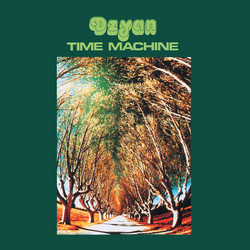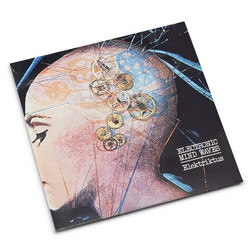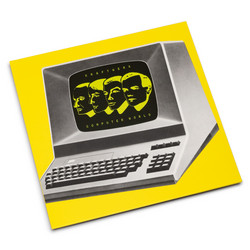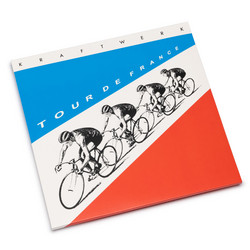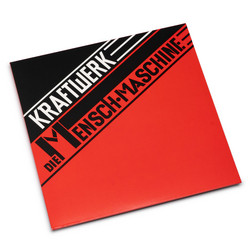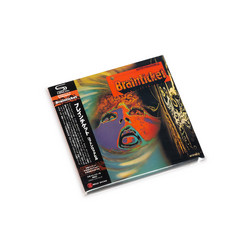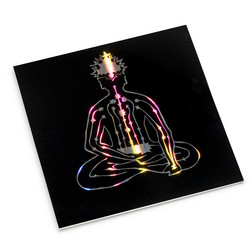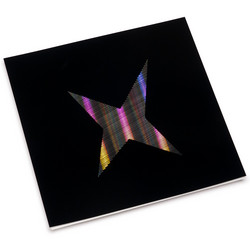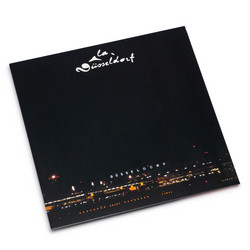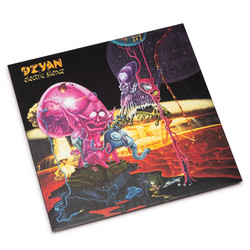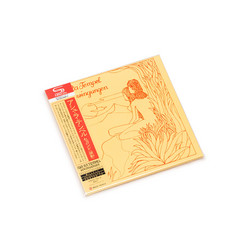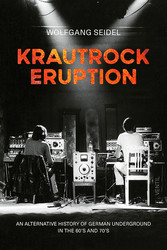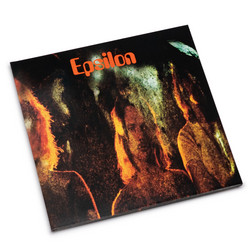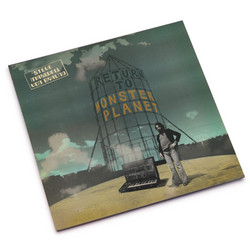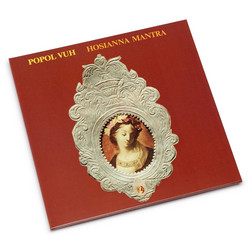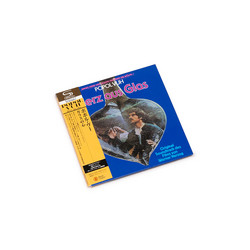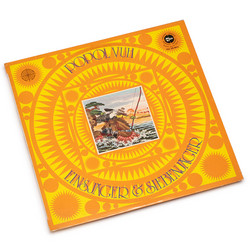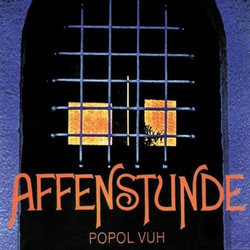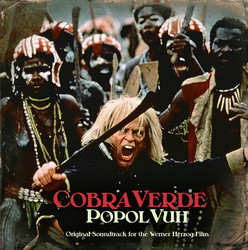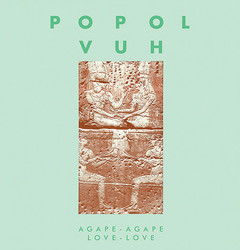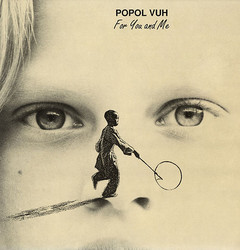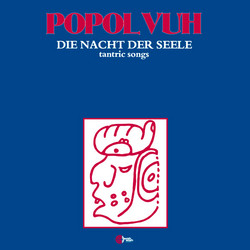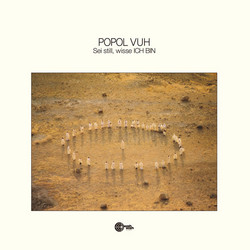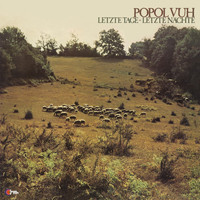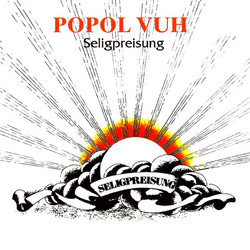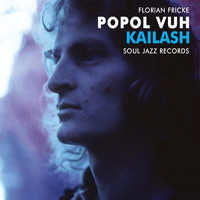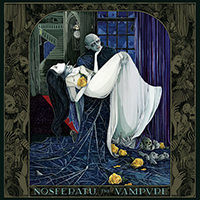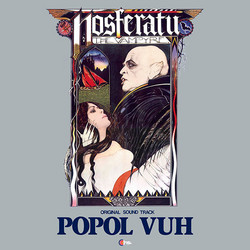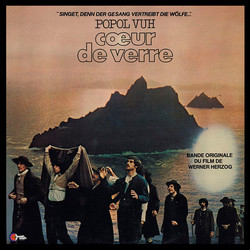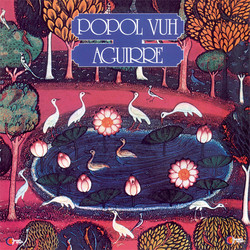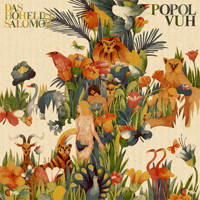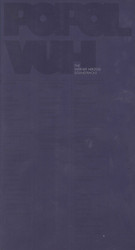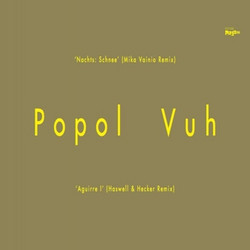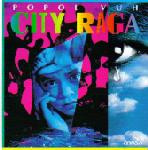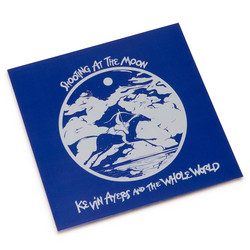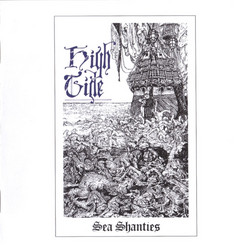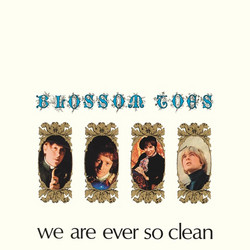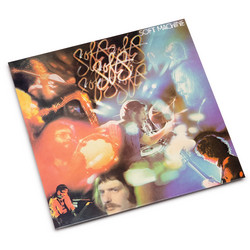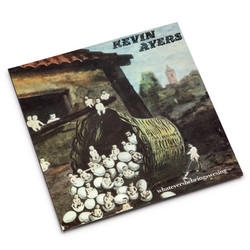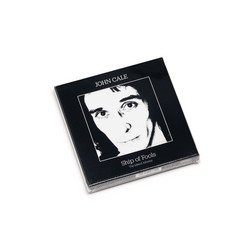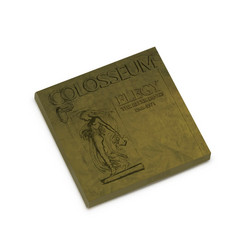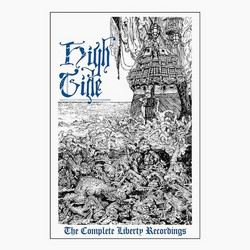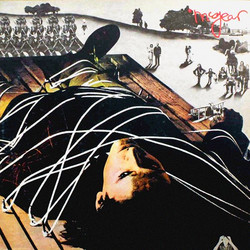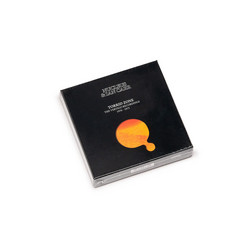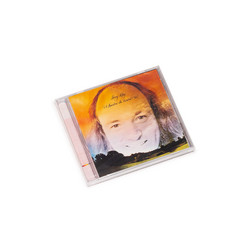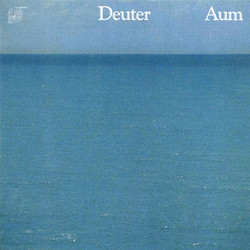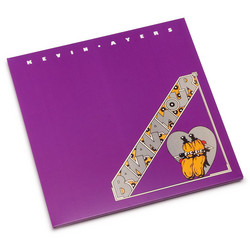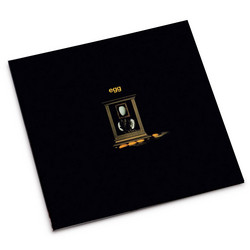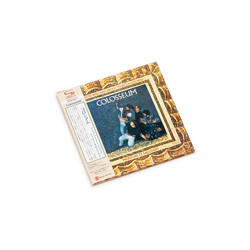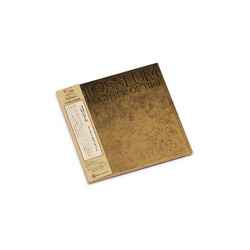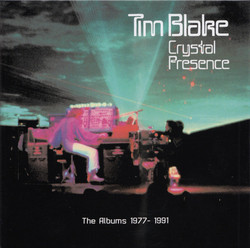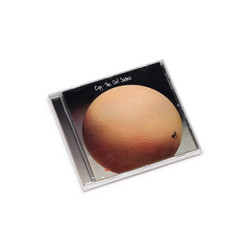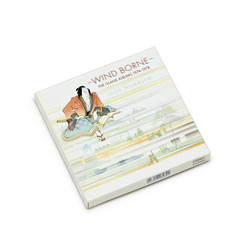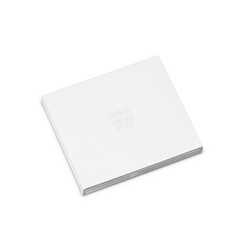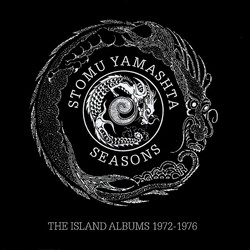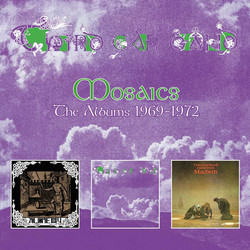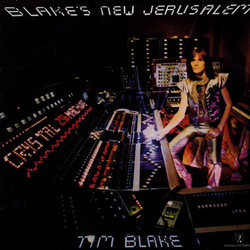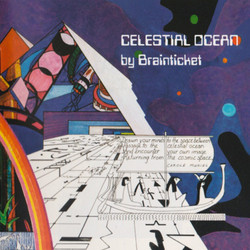Essential 1971 release now available as an officially remastered vinyl edition! In the pantheon of early electronic music's most essential statements, few works achieve the profound synthesis of technology and spirituality found on Popol Vuh's In den Garten Pharaos. Originally released in 1971, Florian Fricke's second album stands as one of the most successful fusions of experimental synthesizer work with ethnic percussion ever committed to vinyl - a stunning achievement that continues to inspire successive generations of musicians seeking to bridge the electronic and the eternal. Where many of Fricke's contemporaries in the German underground were exploring the Moog synthesizer's capacity for cosmic drift or mechanical precision, In den Garten Pharaos reveals an artist using this new technology as a vehicle for genuine mystical exploration. This isn't electronic music as futuristic statement, but as ancient wisdom channeled through modern means - the sound of timeless consciousness discovering its voice through silicon and circuitry.
The album's opening passages immediately establish its unique aesthetic coordinates. Fricke's Moog work unfolds with the patience of meditation, each tone carefully placed and allowed to resonate in space before the next intervention. But rather than the cold precision often associated with early synthesizer music, these sounds pulse with organic warmth, as if the electronics themselves were breathing with spiritual purpose. The integration of ethnic percussion - handled by collaborators including Holger Trulzsch and Shrat - never feels like cultural appropriation or superficial world music pastiche. Instead, these rhythmic elements emerge naturally from the electronic textures, creating a seamless dialogue between ancient and modern, Eastern and Western, human and machine. The result is music that feels both utterly contemporary for its time and connected to something timeless. What makes In den Garten Pharaos so compelling nearly five decades later is its complete commitment to its vision. This is electronic music made by someone who understood that the Moog's revolutionary potential lay not in its ability to mimic existing instruments, but in its capacity to access entirely new realms of expression. Fricke approaches each piece as a sonic meditation, allowing the music to unfold according to its own internal logic rather than imposed structural demands.
The album's centerpiece movements demonstrate Fricke's mastery of extended form. These aren't songs in any conventional sense, but journeys - sonic explorations that evolve with the inexorable logic of natural processes. Sequences emerge and dissolve, textures shift and transform, rhythms appear and disappear, all guided by an artistic intelligence that never forces the music into predetermined shapes. The production quality, remarkable for its era, captures every nuance of the music's complex architecture while maintaining the sense of space essential to its effect. Even the album's most dense passages retain clarity and definition, allowing listeners to follow individual elements as they weave through the overall tapestry. It's a level of sonic craftsmanship that separates visionary works from mere experiments.
In den Garten Pharaos belongs in the same rarified company as Terry Riley's A Rainbow in Curved Air, Steve Reich's early tape pieces, and Klaus Schulze's most transcendent explorations. But where those works often emphasized process over spirit, Fricke's achievement lies in his ability to infuse electronic experimentation with genuine mystical purpose.
This Esoteric Recordings reissue, cut at Abbey Road Studios and replicating the original artwork, offers the perfect opportunity to encounter one of electronic music's most overlooked masterpieces in optimal sonic conditions. In an era when electronic music has largely been compartmentalized into functional categories, Fricke's vision of synthesis as spiritual practice feels more necessary than ever. In den Garten Pharaos stands as proof that the most important experimental music transcends its technological means to access something essentially human - or perhaps something beyond the merely human altogether. This is electronic music as pathway to transcendence, as bridge between the temporal and the eternal.
Limited to 500 copies worldwide
